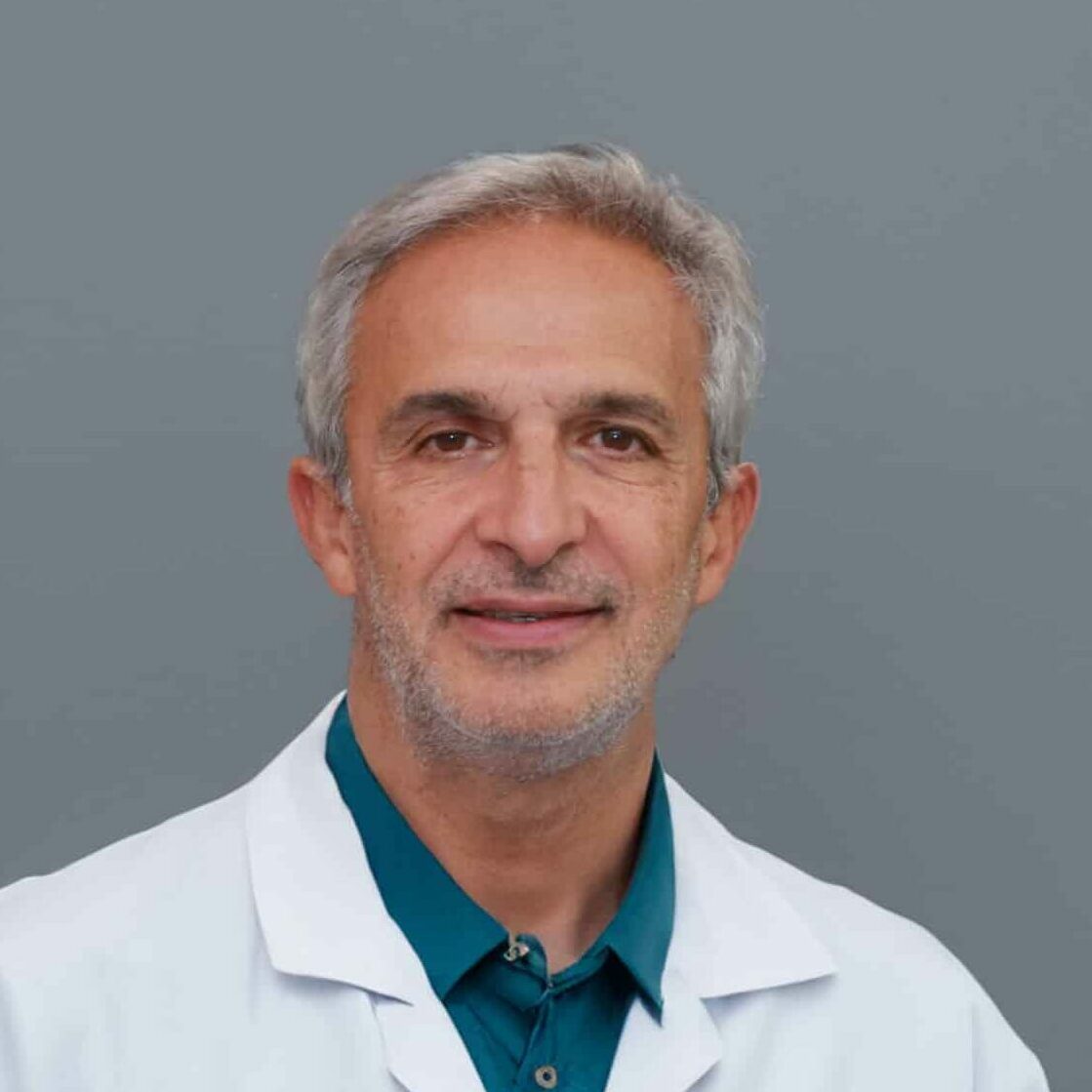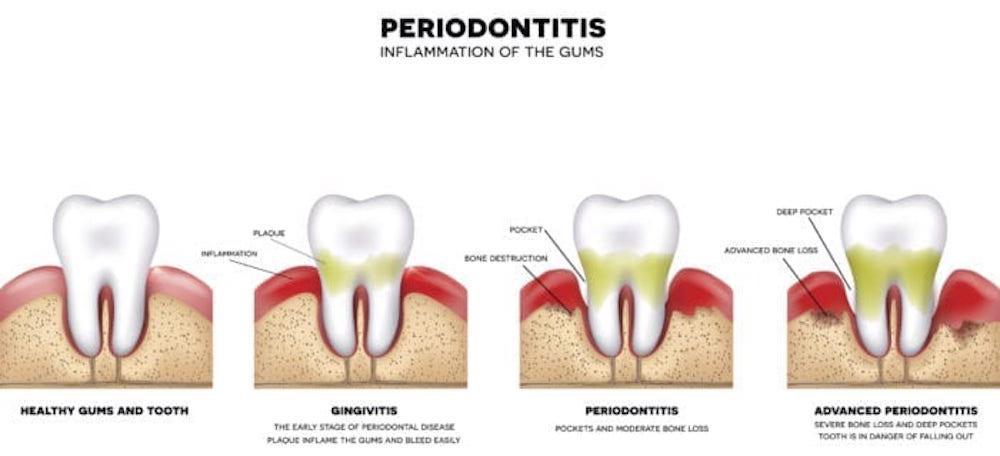
Periodontics is the specializing in the tissue (gums) surrounding the teeth. At Oliveira and Cardo Dental, our team deals with a variety of patients who have periodontics-related problems. We offer patients various methods of periodontal therapy and treatments. In line with the conservative approach of Oliveira and Cardo Dental, scaling and root planing is the most commonly used means of treating periodontal disease. Scaling involves the removal of tartar and plaque which exist on the tooth’s surface. This process mainly deals with the areas below the gum line and those along the root. Root planing involves smoothing down root surfaces which are susceptible to attacks from plaque. Gum disease can provide great discomfort to patients in terms of bleeding gums, bad breath and even irritation in the mouth. At our Oliveira and Cardo Dental office you can put an end to these problems! Make an appointment today to find out more about periodontal treatment options for your oral problems.
A periodontist is a dentist who specializes in the prevention, diagnosis, and treatment of periodontal disease, also known as gum disease, as well as the placement of dental implants. Periodontists undergo extensive training beyond dental school, typically completing three additional years of specialized education in periodontology. This training equips them with expertise in managing complex cases of gum disease and performing various surgical procedures related to the gums and supporting structures of the teeth.
Periodontists are highly specialized dental professionals who focus specifically on the health of the gums and surrounding tissues. They have in-depth knowledge of the anatomy of the periodontium (the tissues that support the teeth) and are trained to diagnose and treat various conditions affecting these structures. Additionally, periodontists are skilled in performing surgical procedures such as gum grafting, periodontal flap surgery, bone grafting, and dental implant placement.
You may need to see a periodontist if you experience symptoms of gum disease or if your general dentist refers you for specialized treatment. Symptoms of periodontal disease include red, swollen, or bleeding gums, persistent bad breath, receding gums, loose teeth, and changes in the fit of dentures. If you notice any of these signs, it's important to seek prompt dental care. Additionally, individuals with risk factors such as smoking, diabetes, hormonal changes, or a family history of gum disease may benefit from regular visits to a periodontist for preventive care.

To determine if you have periodontal disease, a periodontist will conduct a thorough examination of your gums, teeth, and supporting structures. This may involve measuring the depth of periodontal pockets, assessing gum recession, and evaluating bone levels through X-rays or other imaging techniques. Based on the findings, the periodontist will develop a personalized treatment plan to address your specific needs, which may include nonsurgical therapies such as scaling and root planing (deep cleaning) or surgical interventions for more advanced cases.
Preventing periodontal disease involves maintaining good oral hygiene practices and addressing risk factors that contribute to gum disease. This includes brushing your teeth twice a day with fluoride toothpaste, flossing daily to remove plaque and debris from between the teeth, and visiting your dentist or periodontist regularly for professional cleanings and check-ups. Additionally, avoiding tobacco use, managing systemic conditions such as diabetes, and adopting a healthy lifestyle with a balanced diet can help reduce the risk of periodontal disease. By prioritizing oral health and seeking timely care from a periodontist when needed, you can take proactive steps to preserve the health and function of your gums and teeth.